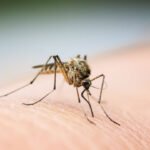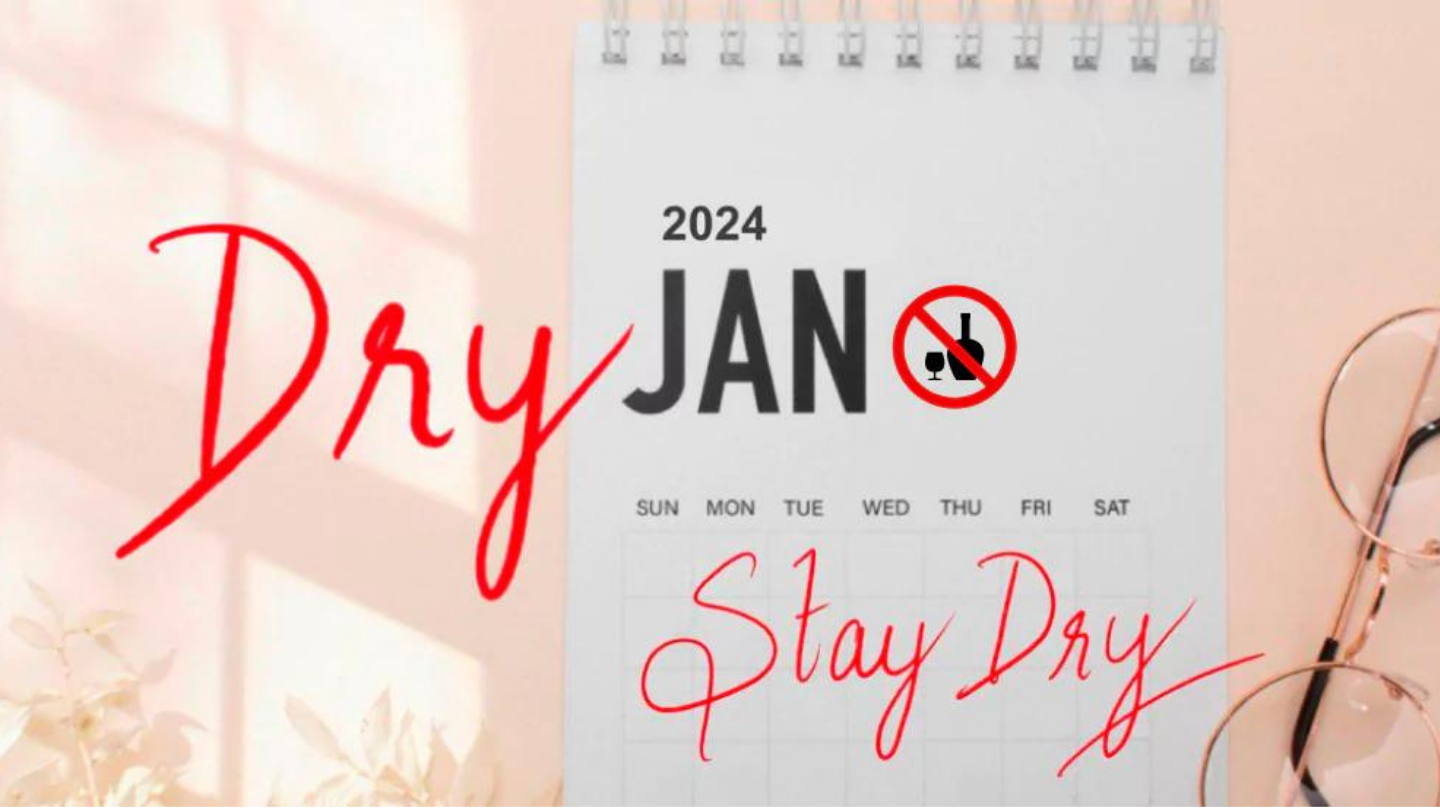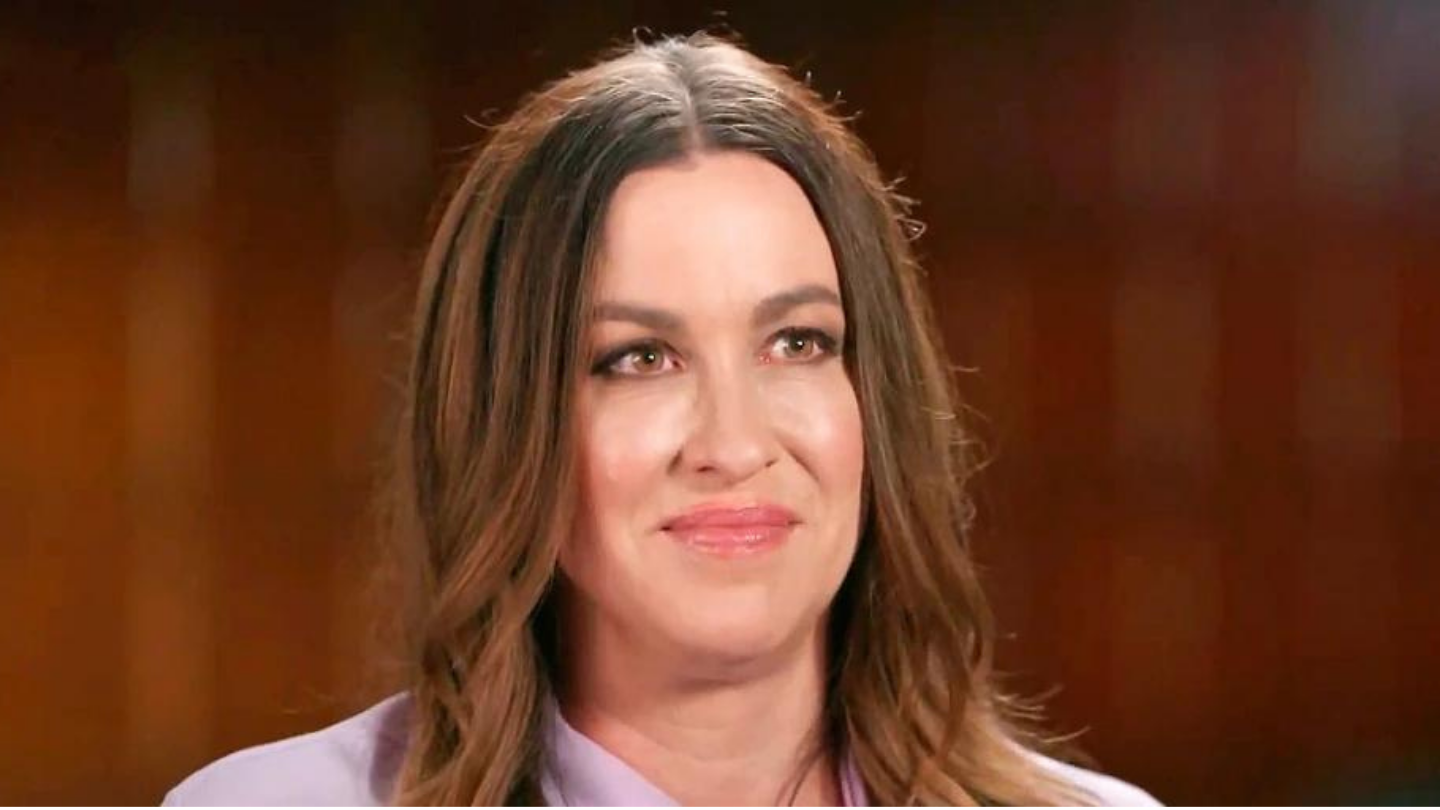Research indicates that the challenge of abstaining from alcohol for a month, known as “dry January,” provides health benefits such as increased energy, reduced blood pressure, better sleep, and weight loss.
The advocacy group Alcohol Change U.K. initiated the well-known movement known as “dry January,” in which people refrain from alcohol use for the whole month of January in the hopes of experiencing health advantages.
Despite its origins in the United Kingdom, millions of Americans take part in it every year: The challenge saw 35% of American adults take part in 2022 compared to 21% in 2019, according to statistics from global data and insight firm CGA Strategy.
According to the Centers for Disease Control and Prevention, excessive alcohol consumption increases the chance of developing cancer, heart or liver disease, high blood pressure, miscarriage, depression, anxiety, alcohol dependence, stroke, or reduced immunity.

A 2018 study published in BMJ Open found that regular drinkers who stopped for 30 days experienced improvements in their energy and sleep, as well as a reduction in blood pressure, cholesterol, and cancer-causing proteins.
According to a 2019 University of Sussex study, 90% of participants in Dry January 2018 reported financial savings, 71% reported better sleep, 58% reported weight loss, 54% reported healthier skin, and 67% reported having more vitality.
A 2016 American Psychological Association study revealed that six months after finishing Dry January, participants drank one day less per week and about one drink fewer per day they did drink than they had before the challenge.
Although Dry January can be beneficial for moderate drinkers, it is not recommended for people who are addicted to alcohol. According to Alcohol Change UK, “people who are clinically alcohol dependent can die if they suddenly, completely stop drinking.” When you stop drinking alcohol abruptly, you may have symptoms such as nausea and vomiting, perspiration, high blood pressure, insomnia, anxiety, agitation, rapid heart rate, and tremors or shakes. If left untreated, it can lead to violent seizures, delirium tremens (a potentially fatal form of withdrawal characterized by symptoms such as fever, elevated blood pressure, and hallucinations), or even death. It is instead advised to visit a medical practitioner for a safe medical detox.
Dry January’s increased popularity could be attributed to Gen Z drinking less than previous generations. According to a 2020 JAMA Network Open study, about 30% of college students abstained from alcohol in 2018, up from 20% in 2002. According to David Slutes, the venue’s entertainment director, events focused at Gen Z at Club Congress in Tucson, Arizona saw 25% less alcohol sales than those directed at earlier generations. According to Akhil Anand, an addictions psychiatrist at the Cleveland Clinic, there are some ideas as to why Generation Z is drinking less.
According to Anand, these hypotheses include improved mental health awareness, earlier teaching about the dangers of drinking, increased cannabis use, and the growing appeal of “clean living” and better lifestyles.
Another well-known abstinence challenge is Sober October, in which participants donate all proceeds from their October drink-free days to Macmillan Cancer Support. People tend to gravitate toward non-alcoholic beverages during this month. The market for non-alcoholic and low-alcohol drinks is expanding rapidly, and IWSR, a drinks industry intelligence company, projects that it will grow by 25% between 2022 and 2026. In2022, the industry brought in over $11 billion, with non-alcohol goods driving the majority of revenue. In recent years, a rising number of celebrities, including Dwayne “The Rock” Johnson and Bella Hadid, have even joined in and started making non-alcoholic drinks. The increasing number of people who are “sober curious,” or who are thinking about giving up alcohol, is contributing to this trend. Gen Z and millennials are drawn to the movement, and the hashtag #sobercurious has had over 805 million views on TikTok.
381.5 million. That is the number of views the TikTok hashtag #dryjanuary has received. Users are sharing their sober advice, favorite mocktails, and past experiences on it in droves.











